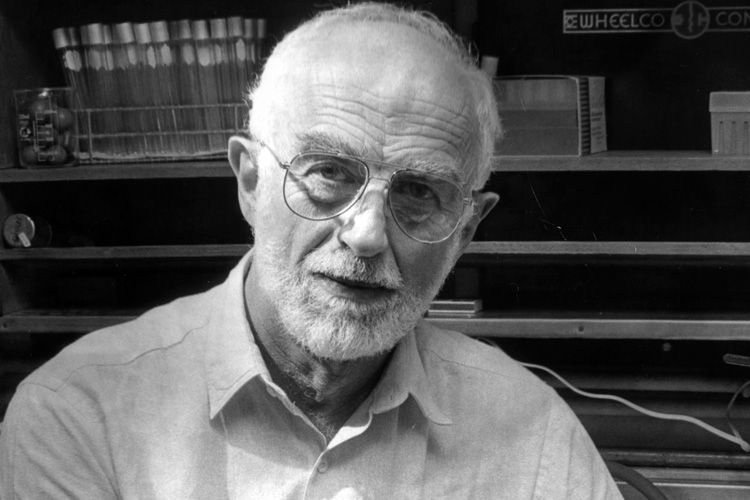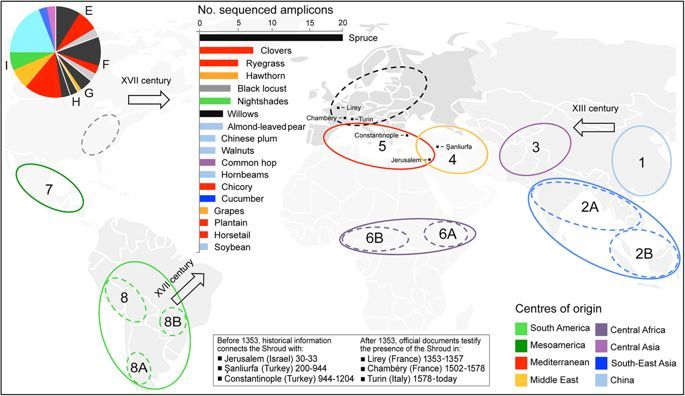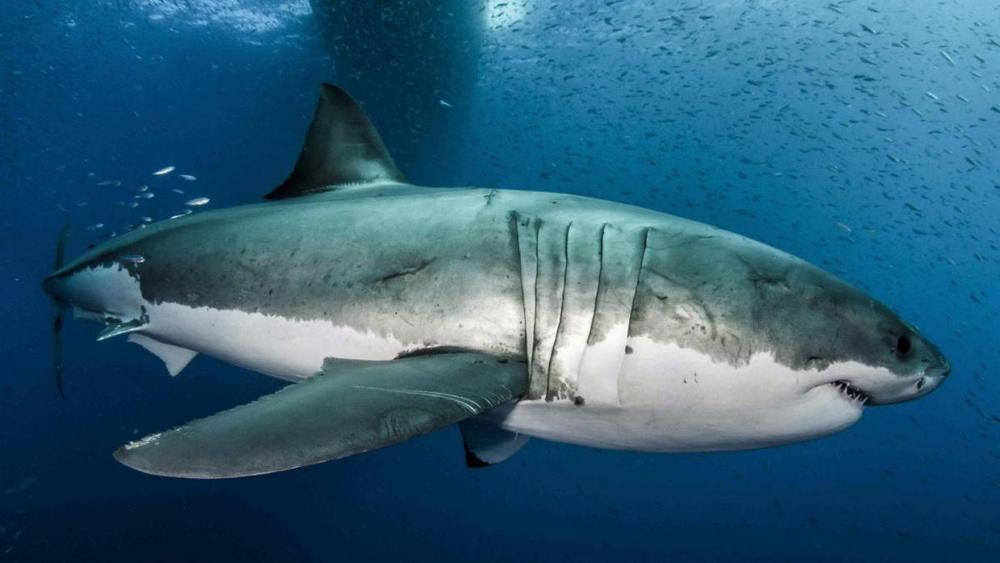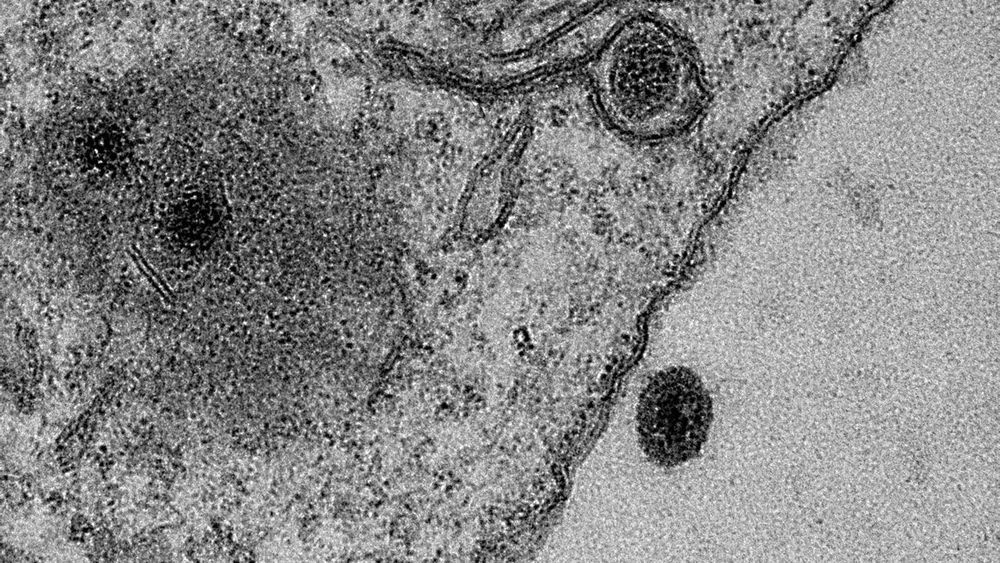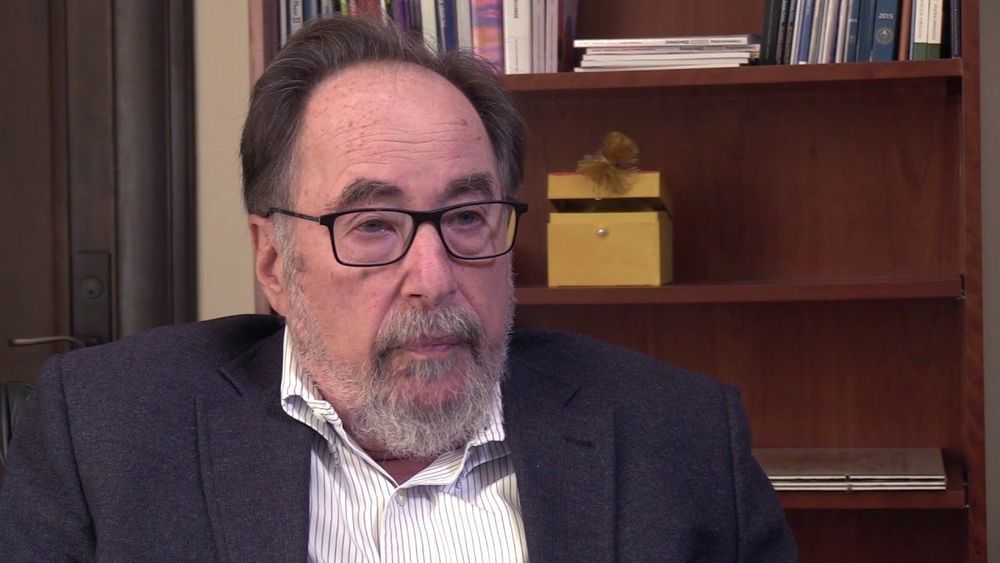
If you’re tired of robocalls you might want to consider one of Google’s Pixel phones. On Thursday, Google announced that its Call Screen feature, which automatically blocks known robocallers in Google’s database, is rolling out to all Pixel phones this week. It was previously only available on the newest Pixel 3 and Pixel 4 devices. (The original Pixel phone, which launched in 2016, stopped receiving software updates last year, but Google says it’ll still get Call Screen.)
Robocalls may be driving you nuts. According to the YouMail robocall index, which is compiled from the YouMail app that’s built to also block robocalls, there were 4.7 billion robocalls placed in the U.S. in January 2020, or 1,800 a second and 14.4 calls per person. Some U.S. carriers, like AT&T, Verizon, T-Mobile and Sprint are working in the background to prevent robocalls, too. Though sometimes they still sneak through or only work on certain phones.
And other companies, like Apple, let you automatically send calls that are received from people who aren’t in your address book right to voicemail. But sometimes you miss an important call from someone, like a doctor whose number you might not have saved.
